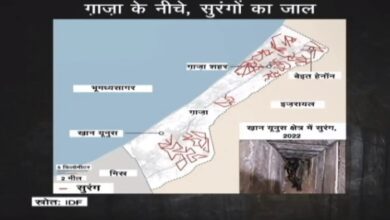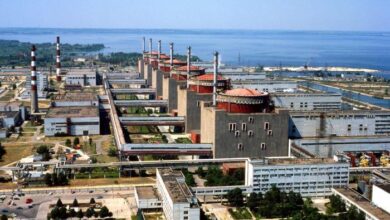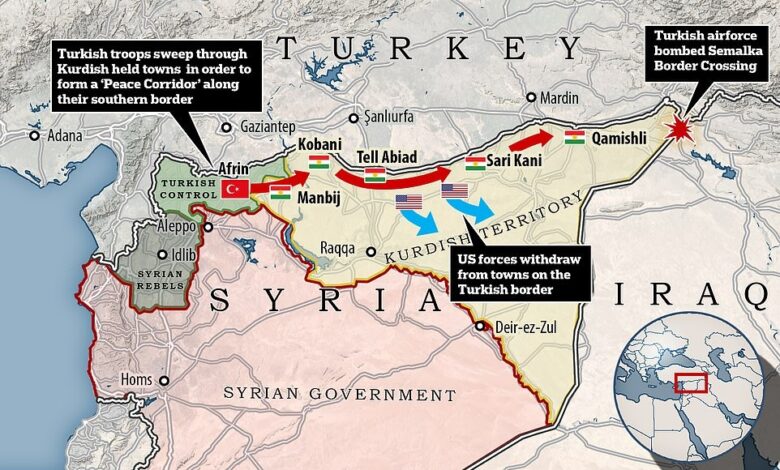
Who Really Loses if Turkey Invades Northeast Syria?
The question of “Who Really Loses if Turkey Invades Northeast Syria?” is a complex one, with far-reaching implications for the region and beyond. A Turkish invasion would not only disrupt the delicate balance of power in Syria, but also ignite a humanitarian crisis and potentially destabilize the entire Middle East.
The potential for a Turkish invasion of Northeast Syria has been a source of tension for years. Turkey sees the Kurdish-led Syrian Democratic Forces (SDF) as a threat, due to their close ties to the Kurdistan Workers’ Party (PKK), which Turkey considers a terrorist organization.
The SDF has played a crucial role in the fight against ISIS, but Turkey fears that their presence in Northeast Syria could lead to the creation of an independent Kurdish state on its border. This fear has fueled Turkey’s desire to establish a buffer zone in Northeast Syria, which it believes would help to protect its national security.
Military and Strategic Consequences
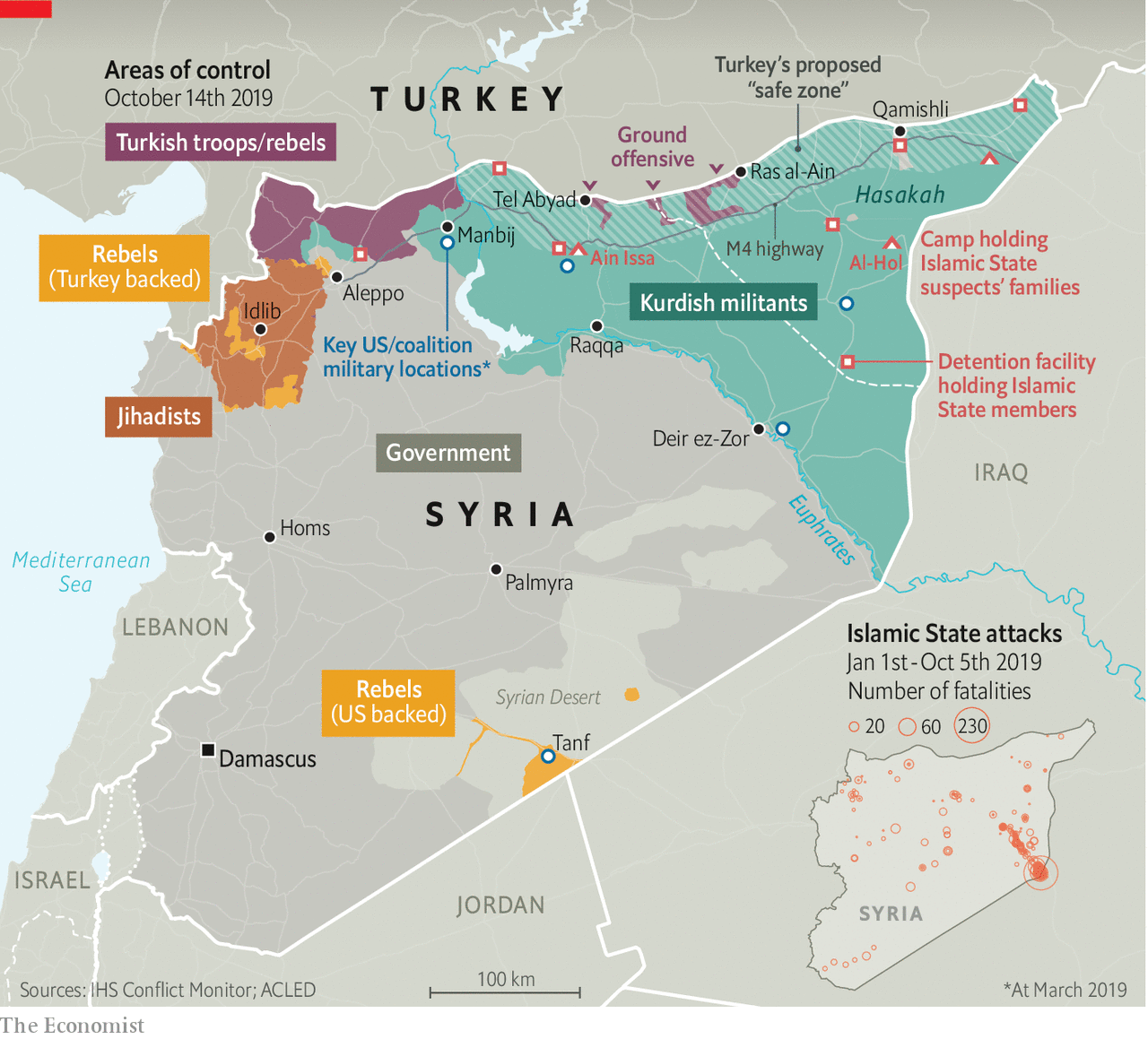
A Turkish invasion of Northeast Syria would have significant military and strategic consequences, potentially altering the dynamics of the Syrian Civil War and regional stability. The potential advantages and disadvantages for Turkey, the impact on the ongoing conflict, the military capabilities of both sides, and the role of international actors are crucial factors to consider.
Military Advantages and Disadvantages for Turkey
Turkey possesses a larger and more advanced military than the SDF. Its air power, armored forces, and artillery would give it a significant advantage in a conventional conflict. However, Turkey faces several challenges. The SDF is well-entrenched in Northeast Syria and has strong local support.
The terrain is also challenging, with rugged mountains and dense urban areas. Additionally, Turkey’s involvement in a protracted conflict could strain its resources and potentially lead to international backlash.
Impact on the Syrian Civil War and Regional Stability
A Turkish invasion would likely escalate the Syrian Civil War, potentially leading to a wider regional conflict. It could also destabilize the region by creating a power vacuum that could be exploited by extremist groups. Turkey’s aim is to establish a buffer zone along its border with Syria to prevent Kurdish forces from consolidating their control in the region.
However, this could also lead to the displacement of millions of civilians and further humanitarian crises.
The potential for a Turkish invasion of northeast Syria is a complex issue with far-reaching consequences. It’s not just about military might, but also about the humanitarian impact and the long-term stability of the region. Effective leadership skills are crucial in navigating such volatile situations, and it’s important to understand the 10 most important leadership skills for the 21st century workplace and how to develop them, as outlined in this insightful article: 10 most important leadership skills for the 21st century workplace and how to develop them.
Ultimately, if Turkey invades, the people of northeast Syria are the ones who will suffer the most, facing displacement, violence, and the loss of their homes and livelihoods.
Comparison of Military Capabilities
The military capabilities of Turkey and the SDF are significantly different. Turkey has a larger and more modern military with advanced weaponry and air power. The SDF, while smaller and less equipped, is well-trained and experienced in urban warfare. It also benefits from local support and knowledge of the terrain.
| Category | Turkey | SDF |
|---|---|---|
| Manpower | Approximately 350,000 active personnel | Approximately 50,000 active personnel |
| Equipment | Advanced tanks, armored vehicles, artillery, and air power | Limited armored vehicles and artillery, reliance on light weapons and guerrilla tactics |
| Air Power | Modern fighter jets, attack helicopters, and drones | Limited air power, primarily relying on Russian-supplied aircraft |
Role of International Actors
The United States, Russia, and Iran are all major players in the Syrian Civil War and would likely be involved in any Turkish invasion of Northeast Syria. The United States has previously supported the SDF and has deployed troops in the region.
The potential consequences of a Turkish invasion of northeast Syria are far-reaching, impacting not only the region’s stability but also the lives of millions. It’s easy to feel wronged in such a situation, but remembering the importance of staying true to your principles is crucial.
If you’re struggling with how to stay right when you’ve been wronged, check out this helpful article on how to stay right when you’ve been wronged. Ultimately, an invasion would only exacerbate the existing humanitarian crisis and create further instability, leaving the people of northeast Syria to bear the brunt of the consequences.
Russia has been a key ally of the Syrian government and has military bases in Syria. Iran has also supported the Syrian government and has a significant presence in the region. These international actors could potentially mediate the conflict, provide military support to their respective allies, or even intervene directly.
Humanitarian and Civilian Impact
A Turkish invasion of Northeast Syria would have devastating humanitarian consequences, impacting millions of civilians and further destabilizing the region. The potential for displacement, civilian casualties, and disruption of essential services is significant, with particularly severe consequences for the Kurdish population.
Displacement and Civilian Casualties
A Turkish invasion would likely lead to mass displacement, with millions of civilians fleeing their homes to escape the violence. The United Nations estimates that over 2 million people could be displaced, adding to the already significant refugee crisis in the region.
The potential for civilian casualties is also high, as indiscriminate shelling and airstrikes could target civilian areas.
Impact on the Kurdish Population
The Kurdish population in Northeast Syria would be particularly vulnerable to the consequences of a Turkish invasion. They have been instrumental in the fight against ISIS and have established a degree of autonomy in the region. However, Turkey views the Kurdish presence in Northeast Syria as a threat to its national security, and a Turkish invasion could lead to the suppression of Kurdish political rights and cultural identity.
Potential for Terrorism and Extremism
A Turkish invasion could create a power vacuum in Northeast Syria, which could be exploited by terrorist groups like ISIS. The presence of foreign fighters and the potential for the resurgence of ISIS would pose a serious threat to regional security and stability.
Humanitarian Crisis
A Turkish invasion would likely lead to a humanitarian crisis in Northeast Syria, with millions of people in need of food, water, shelter, and medical care. The existing infrastructure for delivering aid would likely be disrupted, making it difficult to reach those in need.
The potential for a humanitarian crisis underscores the need for international action to prevent a Turkish invasion and to provide humanitarian assistance to those affected.
Potential Humanitarian Impact
| Impact | Estimate | Source |
|---|---|---|
| Displacement | Over 2 million people | United Nations |
| Civilian Casualties | Significant, with potential for mass casualties | Human Rights Watch |
| Access to Healthcare | Severely disrupted, leading to increased mortality rates | World Health Organization |
Political and Diplomatic Implications: Who Really Loses If Turkey Invades Northeast Syria
A Turkish invasion of northeast Syria would have profound and far-reaching political and diplomatic consequences, potentially reshaping the political landscape of the region and impacting global relations. The invasion would not only exacerbate existing tensions between Turkey and its regional allies, including the United States and the European Union, but also undermine the fight against ISIS and jeopardize the fragile stability of the region.
Impact on the Political Landscape of Syria and the Region
A Turkish invasion would likely lead to a further fragmentation of Syria’s already fractured political landscape. The establishment of a Turkish-controlled zone in northeast Syria could potentially create a de facto independent entity, further complicating efforts to find a lasting political solution to the Syrian conflict.
The invasion could also lead to increased tensions between Turkey and the Syrian government, potentially hindering any future reconciliation efforts.
The potential for a Turkish invasion of northeast Syria raises serious concerns, not just for the region’s stability, but also for the safety of American personnel. In a recent incident, the c i a director issued a warning after a possible noose was found near a facility , highlighting the growing threats against American interests.
While the focus may be on Turkey’s military ambitions, it’s crucial to remember that any escalation in the region could have disastrous consequences for everyone involved, especially those who are already vulnerable and displaced.
Potential for Increased Tensions Between Turkey and Its Regional Allies, Who really loses if turkey invades northeast syria
The invasion would likely trigger a severe backlash from Turkey’s regional allies, particularly the United States and the European Union. The US, which has previously supported Kurdish forces in Syria, could impose sanctions on Turkey and potentially withdraw its military presence from the region.
The EU, which has been critical of Turkey’s human rights record, could also impose sanctions and further isolate Turkey diplomatically.
Impact on the Fight Against ISIS and Regional Stability
The invasion would likely have a detrimental impact on the fight against ISIS. The Kurdish-led Syrian Democratic Forces (SDF), which have been instrumental in combating ISIS, would be weakened by the Turkish offensive. This could potentially allow ISIS to regroup and re-emerge as a threat to regional security.
Furthermore, the invasion could lead to a wave of displacement and humanitarian suffering, further destabilizing the region.
Potential Diplomatic Repercussions for Turkey
The invasion could result in severe diplomatic repercussions for Turkey, including international isolation and sanctions. The UN Security Council could condemn the invasion and impose sanctions on Turkey. Turkey could also face pressure from international organizations like NATO to withdraw its forces from Syria.
Potential Political and Diplomatic Consequences of a Turkish Invasion
| Key Actor | Potential Sanctions | Diplomatic Relations ||—|—|—|| United States | Economic sanctions, military aid suspension, withdrawal of troops from Syria | Deterioration, potential diplomatic freeze || European Union | Economic sanctions, travel restrictions, suspension of accession talks | Deterioration, potential suspension of diplomatic relations || Russia | Increased military support for the Syrian government, potential sanctions on Turkey | Deterioration, potential escalation of tensions || Syria | Increased military cooperation with Russia, potential escalation of conflict | Further deterioration, potential escalation of hostilities || United Nations | Condemnation of the invasion, potential sanctions | Increased pressure on Turkey, potential international isolation || NATO | Pressure on Turkey to withdraw its forces from Syria, potential suspension of membership | Increased tensions within the alliance, potential isolation of Turkey |
Economic and Social Consequences
A Turkish invasion of Northeast Syria would have devastating economic and social consequences, far beyond the immediate military conflict. The region’s fragile economy, already strained by years of war and displacement, would be further crippled, leading to widespread poverty, unemployment, and a potential humanitarian crisis.
Economic Impact
The economic impact of a Turkish invasion would be significant and multifaceted. Trade disruptions, investment losses, and the destruction of infrastructure would cripple the region’s already fragile economy.
- Trade Disruptions:The invasion would likely disrupt trade routes, both within Syria and with neighboring countries. This would severely impact the flow of goods and services, leading to shortages and price increases. The region relies heavily on trade with Turkey for essential goods, and a blockade or disruption of these trade routes would have a devastating impact on the local economy.
- Investment Losses:The instability caused by a Turkish invasion would deter foreign investment, which is crucial for the region’s economic recovery. Investors would be hesitant to commit resources to a region facing conflict and uncertainty.
- Infrastructure Damage:The conflict would likely result in damage to infrastructure, including roads, bridges, and power plants. This would further hinder economic activity and increase the cost of rebuilding.
Poverty and Unemployment
The invasion would likely lead to a sharp increase in poverty and unemployment in Northeast Syria. The destruction of businesses, the displacement of workers, and the disruption of economic activity would all contribute to this trend.
- Loss of Livelihoods:The invasion would force many people to flee their homes, leaving behind their livelihoods and businesses. The displacement of workers would further disrupt the local economy and exacerbate unemployment.
- Reduced Economic Opportunities:The instability caused by the invasion would make it difficult for businesses to operate and create new jobs. This would limit economic opportunities for the local population, leading to increased poverty and hardship.
Humanitarian Crisis
A Turkish invasion would likely lead to a humanitarian crisis in Northeast Syria. The displacement of civilians, the disruption of essential services, and the potential for violence would create a dire need for humanitarian aid and support.
- Displacement of Civilians:The invasion would likely lead to a massive displacement of civilians, forcing them to flee their homes and seek refuge in neighboring countries. This would put a strain on already limited resources and increase the risk of humanitarian crises.
- Disruption of Essential Services:The conflict would likely disrupt essential services, including healthcare, education, and water and sanitation. This would have a devastating impact on the civilian population, particularly vulnerable groups such as children, women, and the elderly.
- Need for Humanitarian Aid:The humanitarian crisis would require a significant increase in humanitarian aid to meet the needs of the displaced population. International organizations would need to provide food, shelter, medical care, and other essential services.
Refugee Crisis
The invasion would likely trigger a refugee crisis, with displaced people seeking refuge in neighboring countries. This would put a strain on the resources of these countries and could lead to political tensions.
- Refugee Flows:The invasion would likely result in a large influx of refugees fleeing to neighboring countries, such as Turkey, Iraq, and Lebanon. These countries already host millions of refugees from the Syrian civil war, and the influx of new refugees would put a strain on their resources and infrastructure.
- Political Tensions:The influx of refugees could lead to political tensions between host countries and the international community.
Potential Economic and Social Consequences of a Turkish Invasion
| Consequence | Impact |
|---|---|
| Trade Disruptions | Increased prices, shortages of essential goods, and economic hardship. |
| Investment Losses | Reduced economic growth and job creation. |
| Infrastructure Damage | Increased costs of rebuilding and economic recovery. |
| Poverty and Unemployment | Increased poverty, hunger, and social unrest. |
| Humanitarian Crisis | Increased need for humanitarian aid, displacement of civilians, and disruption of essential services. |
| Refugee Crisis | Strain on host countries’ resources, political tensions, and potential for instability. |
Final Wrap-Up
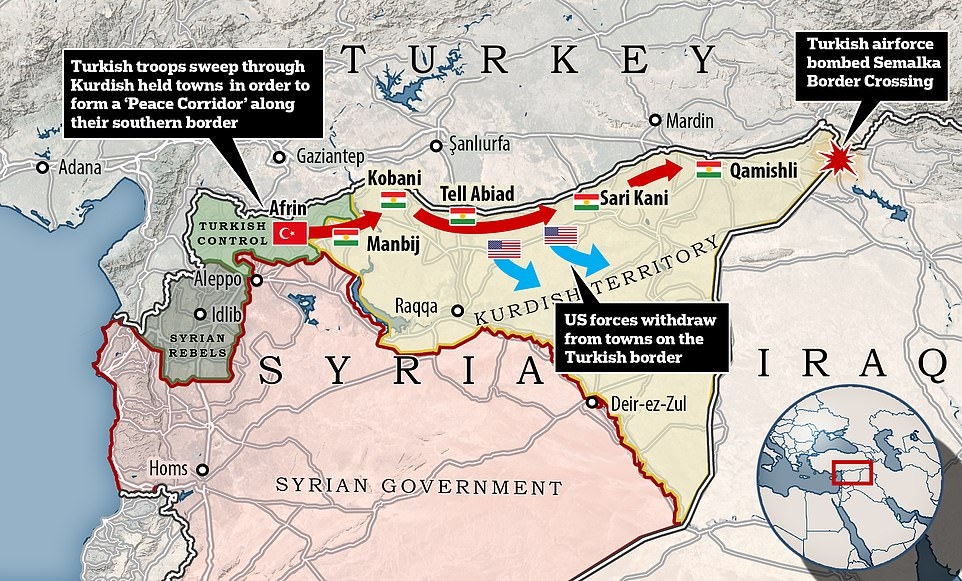
The potential consequences of a Turkish invasion of Northeast Syria are dire. Not only would it lead to a humanitarian crisis, but it would also likely exacerbate the Syrian Civil War and destabilize the entire region. While Turkey may believe that an invasion would serve its national security interests, the reality is that everyone would lose if such a conflict were to occur.
The world must work together to find a peaceful solution to this complex problem, before it is too late.



